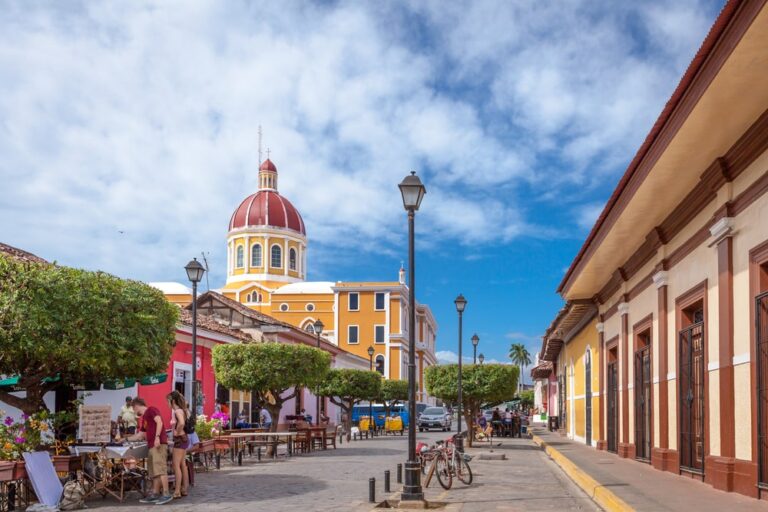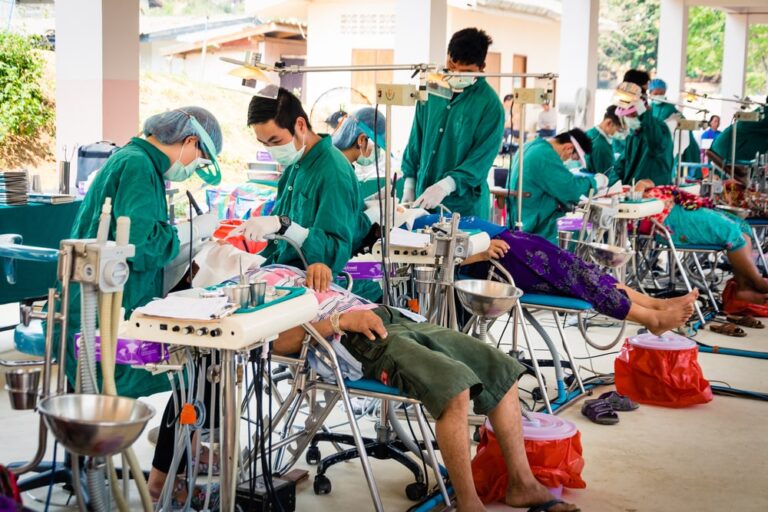What exactly is a mission trip?
A family mission trip is a great idea to expand your horizons, go abroad, and help those in need. Before you decide on a long or short-term family mission trip, you need to do your research. With mission trips, you should select the best mission trip project and organization, have a fantastic experience, and facilitate positive change. Here is a comprehensive guide on family mission trips that includes all vital details:
What do you do on a mission trip?
In general, family mission trips focus on enhancing the standards of life in particularly marginalized communities using improvements in environmental sustainability, community governance, infrastructure, healthcare, education, and other principal areas. You should expect to engage your family in tasks such as cleaning up litter, teaching English, and building medical clinics, among others.
You should be ready to work in challenging domains as a mission trip enthusiast. What you need to do depends on the kinds of mission trips you join. Generally, mission trips are of two kinds, religious and non-religious. In both of these mission trips, you have the chance for self-exploration while using your abilities to develop positive changes in a disadvantaged local community. You will make lasting connections with other mission workers, local people, and volunteers on your family mission trip.
Before you start looking for programs, you need to consider if you want to opt for religious mission trips or non-religious mission trips. These will make sure that you join a mission program that aligns well with your interests, goals, and values.
5 Reasons to Take Your Family on a Mission Trip
- Taking a fulfilling trip: In both religious and non-religious mission trips, you can use your family vacation to get a fulfilling trip. On a family mission trip, you will do many exciting things to improve the quality of life among those who need our help and compassion. At the end of the trip, you and your family will be filled with the satisfaction of doing good for others.
- Teach your children that it is better to help others instead of receiving: Living out these principles and showing your kids their meaning is deemed to have a deeper impact on them. In all cultures around the world, we all live our lives with ease and comfort. When you spend time living out of your comfort zone, the experience will make your children feel grateful for all you have and enjoy.
- Offer your kids an opportunity to work hard and serve a community: If you want your kids to grow up into independent and hard workers who have a strong sense of character, there is nothing more impactful than serving a community. It would be best if you were intentional and proactive about offering your children the opportunities to start serving others from a young age. Of course, there are options to serve others all around us, virtually all the time, and going on a family mission trip is an extended time where you can serve jointly as a family.
- Experience other people and their cultures closely: If you want your children to grow up into adults aware of their surroundings and the various cultures around the world, family mission trips give them an experience with other people closely. You are helping your kids understand the differences and similarities that you share with all kinds of people, nations, languages, disabilities, abilities, and economic conditions. We are opening the eyes of our children to other cultures and peoples.
- Inculcate a sense of responsibility in your children: In family mission trips, your family would be working towards a common goal, and each member will be focused on accomplishing a sub-task, including your children. Not only will your children be responsible for their tasks by the end of the trip, but they will also be able to see the differences that their efforts have created in the local community.
What are the best family mission trips?
Family mission trips for both religious and non-religious groups can include all kinds of aid opportunities in areas such as childcare, education, healthcare, and construction. Common duties include:
- executing environmental conservation programs
- tending to disadvantaged children and orphans
- teaching English among other subjects
- repairing and building houses and public facilities
- offering basic medical treatments
When you are looking for a family mission trip, you have many opportunities. The best family mission trip experiences for you would depend on your exact needs and requirements. With family mission trips, you can teach or volunteer abroad while improving the prospects of marginalized societies.
How long are mission trips?
Based on your aspirations and needs, you can opt for long, mid, or short-term mission trips. There are many options available between a one-week and an eight-month range, as longer trips need a greater commitment. The length of your trip would also vary based on the type of mission trip, religious or non-religious.
Family mission trips generally have a detailed structure. These are often done in groups instead of solo or individual trips and they maintain a detailed daily schedule. There are specific time slots dedicated to entertainment, cultural immersion, reflection, preaching, praying, and work.
How long your trip lasts depends on which organization you are opting for. Generally family mission trips last five days, one or two weeks, and a month. However, if you want to stay longer, many family mission trip organizations help you in serving for a few months.
What should I expect on a mission trip?
To ensure that you have a smooth experience, you need to prepare for all aspects physically, spiritually, and mentally. Typical things that you should expect are:
- Being out of your comfort zone: Family mission trips can take you off your usual path destinations. Being out of your comfort zone includes living a different kind of life, welcoming new experiences. You can expand your perspective.
- Staying flexible: In family mission trips, you should be prepared for things going a little differently as planned. You need to adapt constantly to unexpected circumstances.
- Acclimatization to other cultures: You have to be ready to learn and stay humble during your trip. You can start by learning local traditions, customs, and language.
- Time for sharing and reflection: Ensure that you document your thoughts and experiences when you are on a family mission trip. Group discussions and reflections can offer you a chance to communicate your experiences, observations, and challenges.
- Faith-based activities: If you are on a religious mission trip, these centre on faith, and so you would attend church services, community prayer sessions, and group discussions.
- Teaching local communities about your religion: Most religious mission organizations share their religion with the locals easily to help them in aligning their goals and aspirations with a religious entity.
Conclusion
Mission trips strive to uplift people who are in need throughout the world. In mission trips, people focus on addressing key problems, similar to volunteering programs. In your mission trip groups, you pick up a specific task such as helping local communities, working at daycares, teaching English, and building houses.




